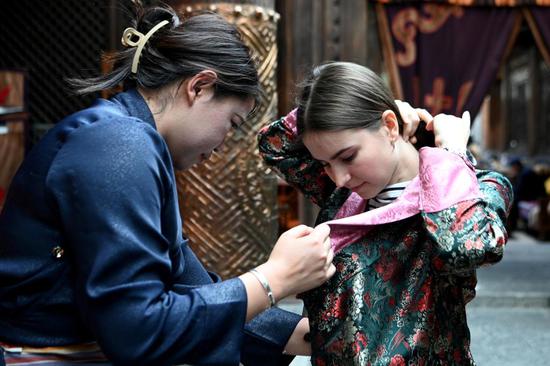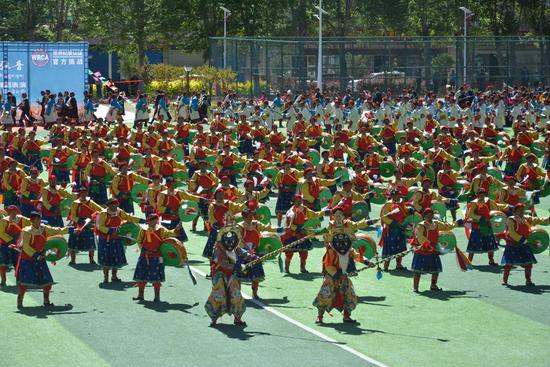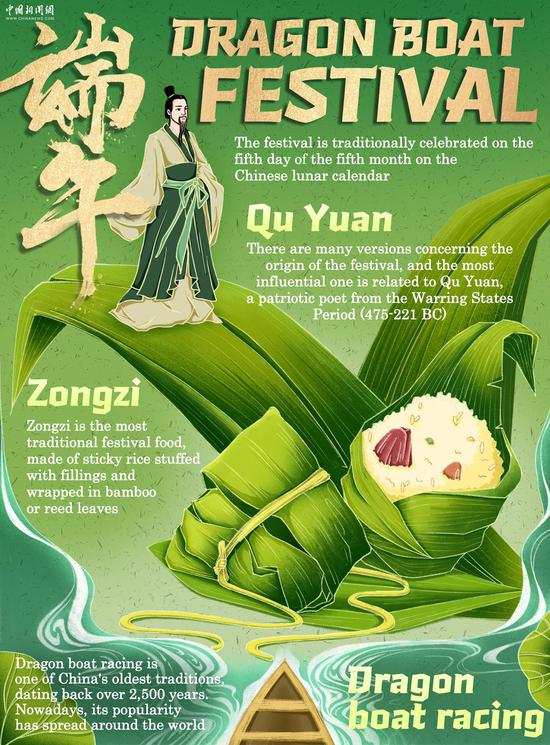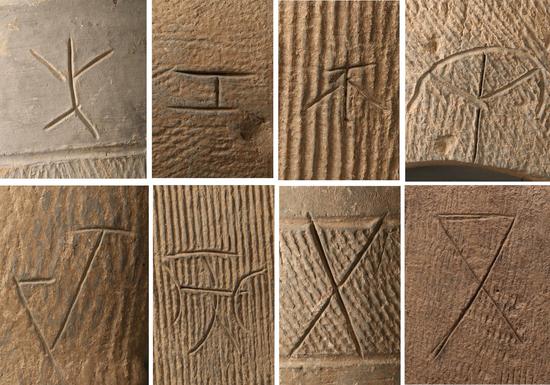A total of 22 ancient tombs spanning a period of 1,600 years were recently discovered in Kaifeng, Central China's Henan Province.
Local archaeologists say the tombs were created over a period of time that runs from the Eastern Han Dynasty (25-220) through to the Ming (1368-1644) to Qing (1644-1911) dynasties. A notable number - 12 in total - of these tombs belong to the Song Dynasty (960-1279).
Archaeologist Xue Feng told the Global Times that Song Dynasty tombs are known for their "diverse forms and styles," including stone and bricks-made tombs whose designs imitate the aesthetics of real wood.
For instance, pseudo-wooden bricks were used in the doors to the 12 Song tombs at the site and in their burial chambers.
Chang Hongjie, and archaeologist from the Henan Provincial Institute of Cultural Heritage and Archaeology and the head of the project, said that furniture has also been discovered in some Song tombs including a table with two chairs.
"On the table are cups and plates and wine kettles," Chang noted, add that even an ancient clothing iron was found on a tomb wall.
It is also worth noting that these Song Dynasty tombs were decorated with rich and fresh-looking mural paintings sporting flowers, birds, beasts and human figures. Xuet told the Global Times that such decorations reveal the aesthetic tastes of ancient people. They can also highlight the importance of burial traditions for ancient Chinese.
Fan Wenquan, another core figure on the project, said that site selection was an extremely important part of building tombs in ancient times. Beside the new discoveries, many other Song tombs have also been unearthed in Henan Province, yet what sets these apart is that they seem to belong to a single family.
"The discovery can contribute to our contemporary knowledge on ancient burial culture and even the history of ancient architecture and design," Xue told the Global Times.


















































 京公网安备 11010202009201号
京公网安备 11010202009201号